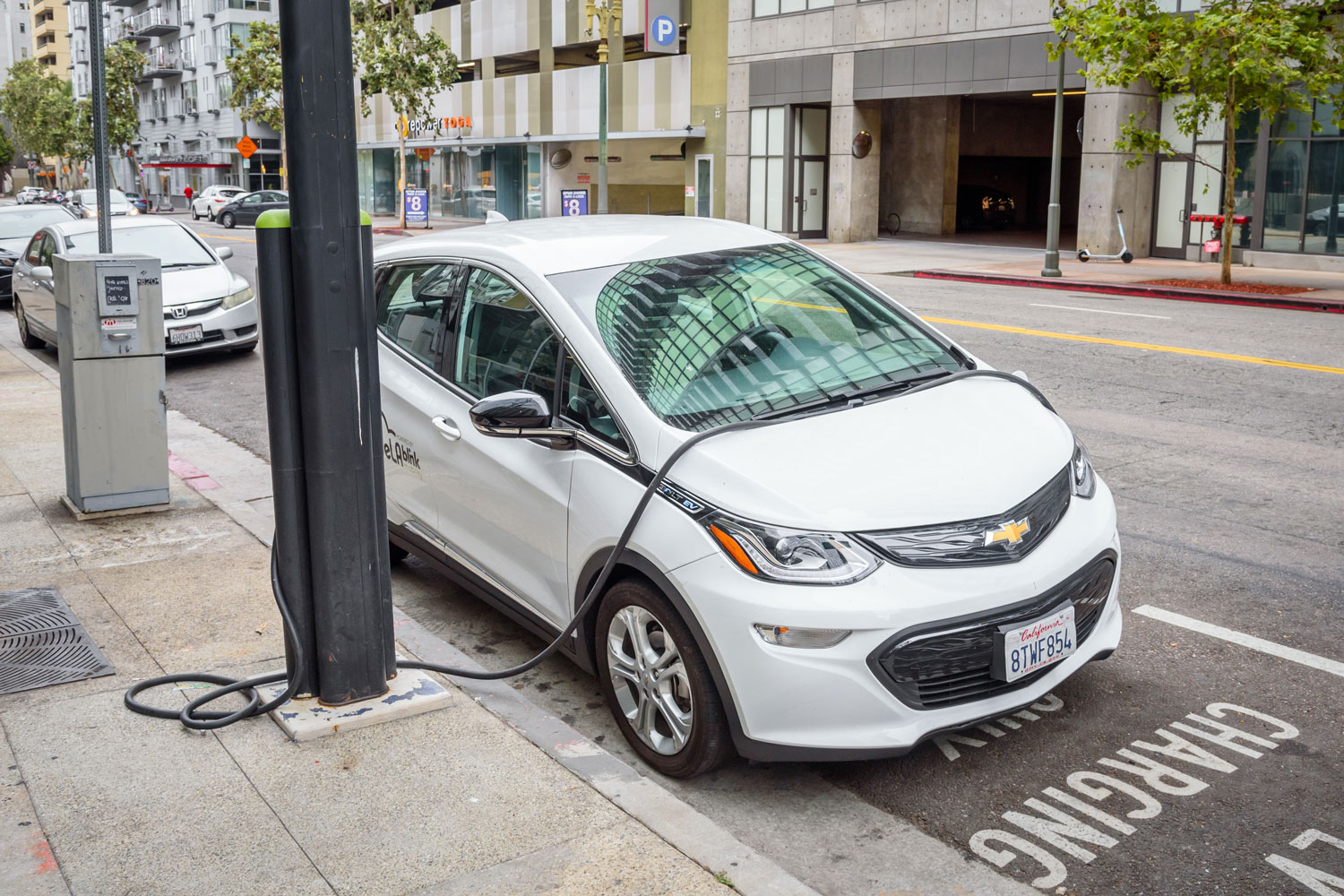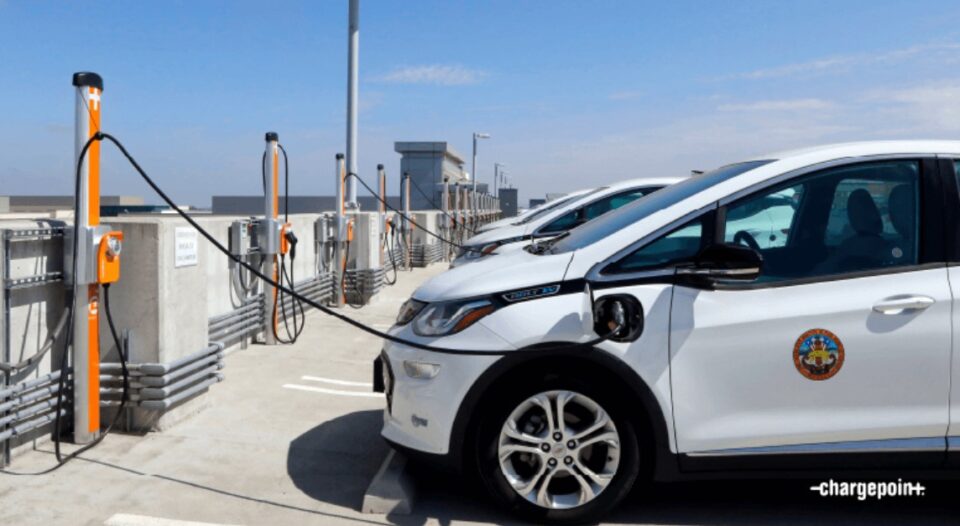The Future of Electric Vehicles and Why You Should Buy EV Charging news Now
The Future of Electric Vehicles and Why You Should Buy EV Charging news Now
Blog Article
Leading EV Charging News: Key Updates on Infrastructure and Advancement

Recent Innovations in Fast-Charging Modern Technology

Moreover, developments in battery modern technology, consisting of improved thermal monitoring systems and higher energy density batteries, complement fast-charging abilities. These advancements reduce the risk of battery deterioration throughout fast charging, making sure long life and performance for EV owners.
Furthermore, the combination of clever billing remedies is improving customer experience, making it possible for real-time surveillance and vibrant rates models. EV Charging news. This flexibility enables chauffeurs to optimize billing times and prices based upon grid need
As car manufacturers remain to purchase fast-charging networks, the partnership in between industry stakeholders is crucial. Collaborations in between charging terminal providers and automotive manufacturers are leading the way for substantial protection, eventually fostering an extra robust EV ecosystem. These innovations are critical in sustaining the change to sustainable transportation.
Federal Government Initiatives for Charging Growth
Government efforts play a critical duty in the expansion of electric automobile (EV) billing facilities, helping with the transition to lasting transportation. Different federal and state programs are being carried out to enhance charging ease of access, minimize the financial concern on consumers, and advertise the fostering of electric cars.
Significantly, the U.S. government has actually designated substantial financing through the Infrastructure Financial Investment and Jobs Act, which allocates $7.5 billion for EV charging network growth across the country. This funding is focused on releasing thousands of new billing stations, particularly in underserved locations, thus dealing with array stress and anxiety among possible EV purchasers.
Additionally, countless states are passing legislation to enhance the permitting procedure for billing station installations, which is critical for speeding up deployment. Rewards such as tax obligation credit histories and discounts for both consumers and businesses are likewise being presented to encourage the installment of charging facilities.
Furthermore, public-private collaborations are increasingly ending up being an emphasis, leveraging private financial investment to enhance government funding. These campaigns underscore a joint approach essential for developing a efficient and detailed EV billing network, ultimately adding to a greener and more sustainable future.
Ingenious Battery Solutions Enhancing Performance
Revolutionizing the landscape of electric lorry (EV) technology, innovative battery services are substantially boosting efficiency and performance. Advancements in battery chemistry, especially with lithium-sulfur and solid-state batteries, are bring about boosted energy thickness, which enables for longer arrays and faster billing times. These brand-new battery kinds have the potential to surpass traditional lithium-ion batteries by using greater abilities while lowering weight, therefore improving overall vehicle efficiency.
Furthermore, advancements in battery management systems (BMS) are optimizing energy use and expanding battery life-span. Smart formulas check battery health and performance, making it possible for real-time modifications to charging and discharging processes. This not just boosts the performance of the battery however also guarantees a more sustainable and dependable energy resource for EVs.
Moreover, the combination of recycling technologies is addressing the ecological effect of battery production and disposal. Innovations in second-life applications for EV batteries are promoting their use in energy storage space systems, adding to a circular economy.
As these cutting-edge battery options remain to progress, they guarantee to transform the EV market, making electric vehicles a lot more available and appealing to a broader target market while supporting international sustainability goals.

Partnership In Between Automakers and Billing Networks
Acknowledging the essential demand for a durable billing framework, car manufacturers are significantly teaming up with billing network service providers to improve the EV ownership experience (EV Charging news). These partnerships aim to develop a smooth charging community that benefits consumers and supports the transition to electric lorries
Significant auto brand names are joining pressures with recognized charging networks to increase their billing station protection, guaranteeing drivers have accessibility to reliable and hassle-free billing choices. For example, collaborations with networks like ChargePoint and Electrify America enable automakers to incorporate charging solutions straight into their vehicles' navigating systems, assisting users to the local terminals and giving real-time availability updates.
In addition, these partnerships frequently cause the advancement of fast-charging modern technologies that substantially reduce the moment needed to charge an EV. By merging resources and proficiency, car manufacturers and charging networks can innovate much faster, creating options that meet the growing demand for electric flexibility.
Furthermore, joint efforts might also cause more standard charging procedures, which can alleviate consumer complication and advertise broader EV fostering. Overall, these calculated partnerships are pivotal in developing a reliable and user-friendly billing infrastructure that satisfies the demands of an expanding electric car market.
Difficulties Encountering EV Billing Infrastructure
As the electric car market remains to expand, numerous obstacles are surfacing that hinder the development of an extensive charging infrastructure. One of the main challenges is the inadequate variety of billing terminals, especially in underserved and country city locations. This void develops array anxiety amongst potential EV buyers, discouraging them from making check this the button.
Furthermore, the absence of standardization in billing innovation complicates the facilities landscape. Variations in plug types and billing rates can develop complication for individuals and boost operational complexities for charging network drivers. In addition, the assimilation of billing terminals into existing electrical grids poses substantial obstacles. Lots of regions face ability restrictions, needing considerable investments in grid upgrades to suit boosted demand.
One more pressing concern is the high expense connected with the setup and maintenance of charging terminals, which can be a barrier for both public entities and exclusive companies. Finally, regulative hurdles and zoning constraints can delay the release of charging framework, hindering progress in expanding necessary services. Attending to these obstacles will be important for cultivating a robust EV environment that supports the shift to lasting transportation.
Final Thought
Finally, the recurring advancements in EV charging innovation, supported by considerable federal government campaigns and innovative battery services, are important for the development and performance of electric vehicle facilities. Collaborations in between car manufacturers and charging suppliers better enhance station coverage, dealing with the growing demand for accessible charging options. Regardless of obstacles that persist within the EV charging landscape, these developments signify a favorable trajectory in the direction of an extra Find Out More efficient and sustainable electrical vehicle ecological community.
Technologies in billing facilities have led to the development of ultra-fast battery chargers qualified of providing up to 350 kW of power, significantly minimizing charging times. Variations in plug kinds and charging speeds can develop look at here confusion for users and raise functional complexities for charging network drivers.In final thought, the ongoing innovations in EV billing technology, sustained by considerable government campaigns and ingenious battery solutions, are crucial for the growth and efficiency of electrical car framework. Partnerships between car manufacturers and charging companies further improve station insurance coverage, attending to the expanding demand for obtainable billing choices. Despite obstacles that persist within the EV billing landscape, these developments symbolize a favorable trajectory towards an extra sustainable and efficient electric automobile ecosystem.
Report this page